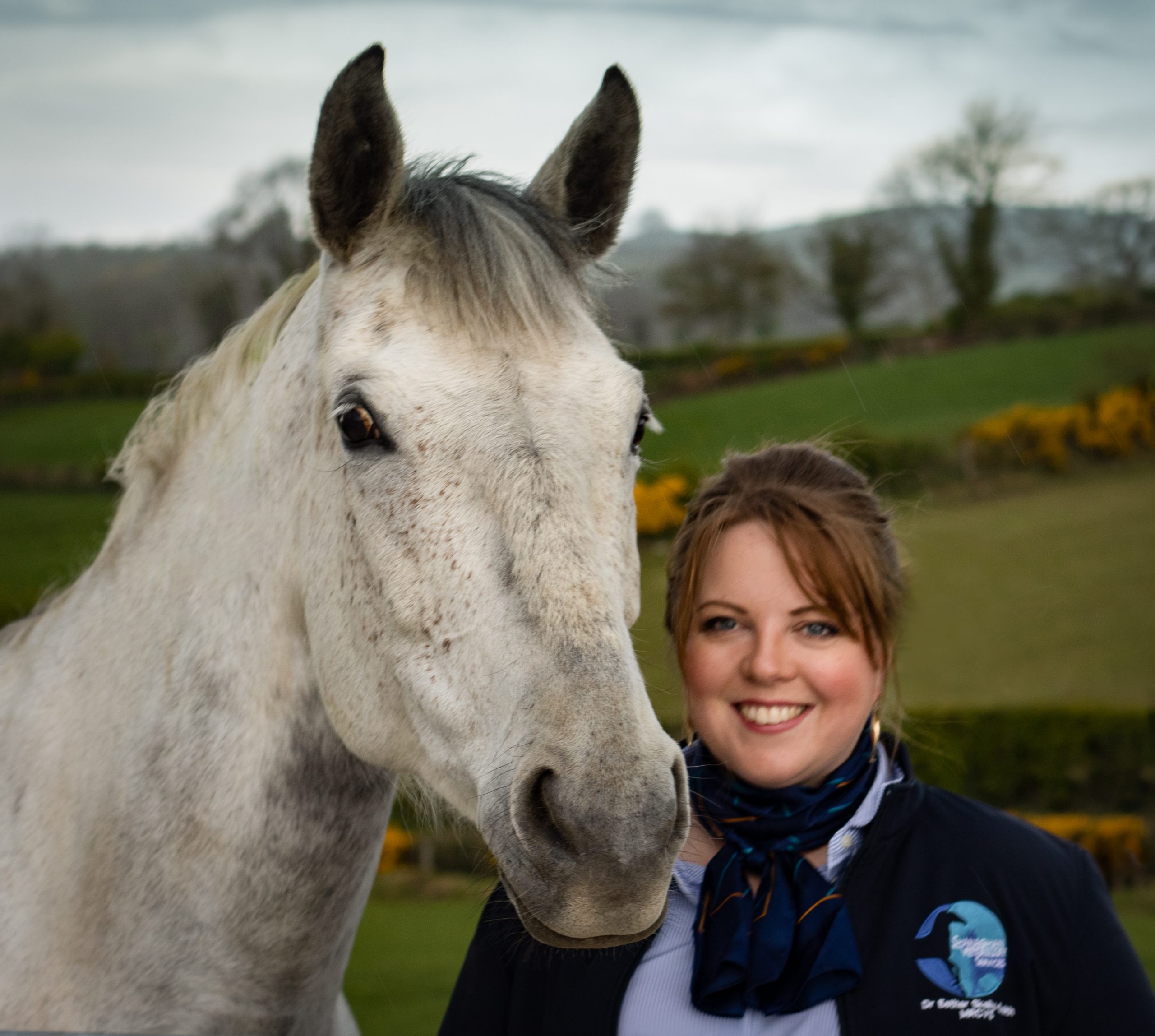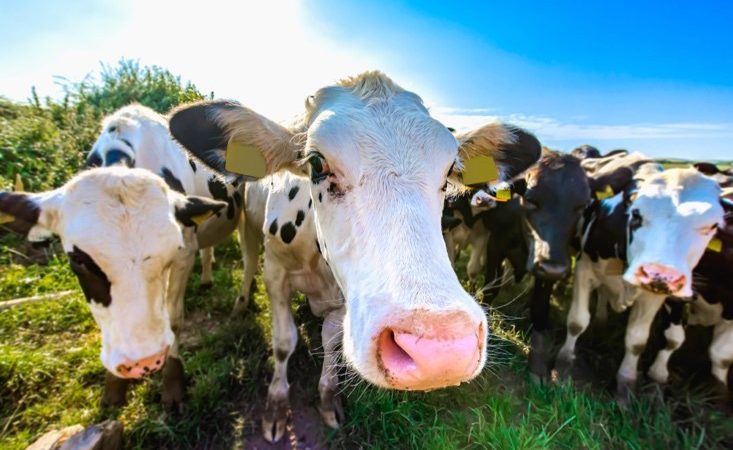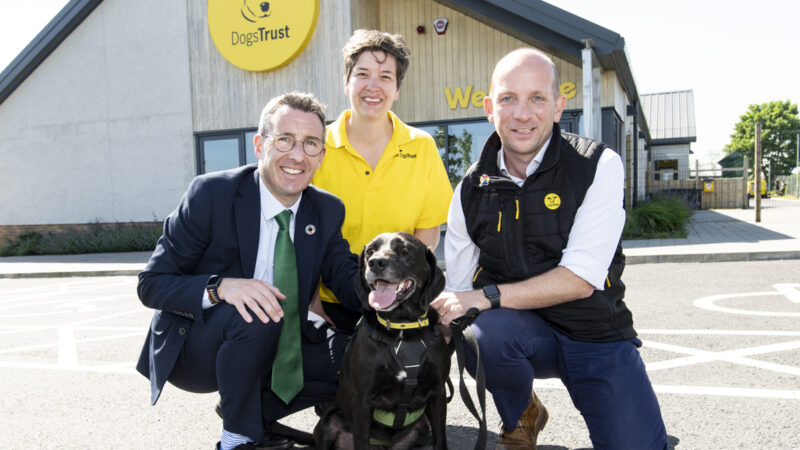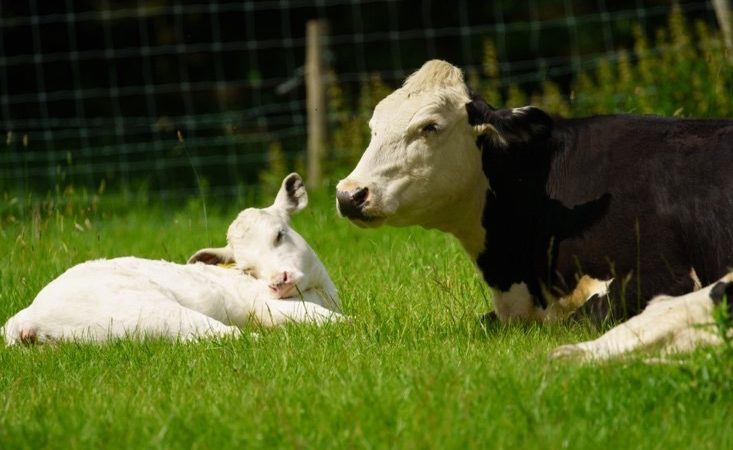NI vets ‘very concerned’ about supply of medicines

Treatment of large and small animals by vets here could be seriously impacted by a shortage of pharmaceuticals in the new year, the junior Vice President of NIVA and the BVA NI Region has warned.
Equine rehab expert Dr Esther Skelly Smith said vets were “very concerned” about what will happen when the grace period for bringing veterinary medicines into Northern Ireland from the EU run out at the end of December.
As it stands the NI Protocol means that every batch of freshly manufactured veterinary medicine that is bound for NI will have to be specially tested to confirm it meets EU requirements.
Dr Skelly Smith estimated 51% of all current veterinary medicines will be blocked from coming into NI from 1 January, adding: “This will affect all sectors – farm, equine and pets – and will have significant implications on animal health and welfare, public health, trade and the agricultural economy. Medicines affected include anaesthetics and vaccines, including salmonella vaccine for poultry, the loss of which poses a significant public health issue.
“But it’s not just going to affect farming, it will affect pets as well and the equine industry. And botulism vaccines that we can currently order from South Africa, these need a special import licence and there’s concern we will not be permitted that, once the grace period ends.
“Our choice of veterinary medicines will be limited. So we may have welfare issues for your dog and cat if we can’t use the veterinary medicine we would want to. That has a big implication around welfare.
“Longer term, the scale and costs of the changes needed to implement the EU medicines requirements mean that companies are likely to withdraw products from the NI market as it is too small for a viable commercial solution to be found.”
Dr Skelly Smith also warned that losing salmonella vaccines “could potentially mean that we won’t have certain egg products or eggs available due to public health issues” and certain food products “may become dearer” as a result.
The news comes only days after UFU President David Brown revealed that while the Protocol is working fine for some farmers, it is causing “havoc” for those trying to bring livestock, seeds, seedlings and insecticides in from GB.
A spokesman for the UK Government said: “We’re currently in talks with the EU about resolving the issues with the protocol. Our proposals would ensure that veterinary medicines are available throughout the UK at the same time as in the EU.”
An EU spokesman added: “The Commission has already shown flexibility in the area of veterinary medicines. In a notice published in December 2021, it gave companies more time to adapt. The Commission will keep the timeframe set out in this notice under review.”






